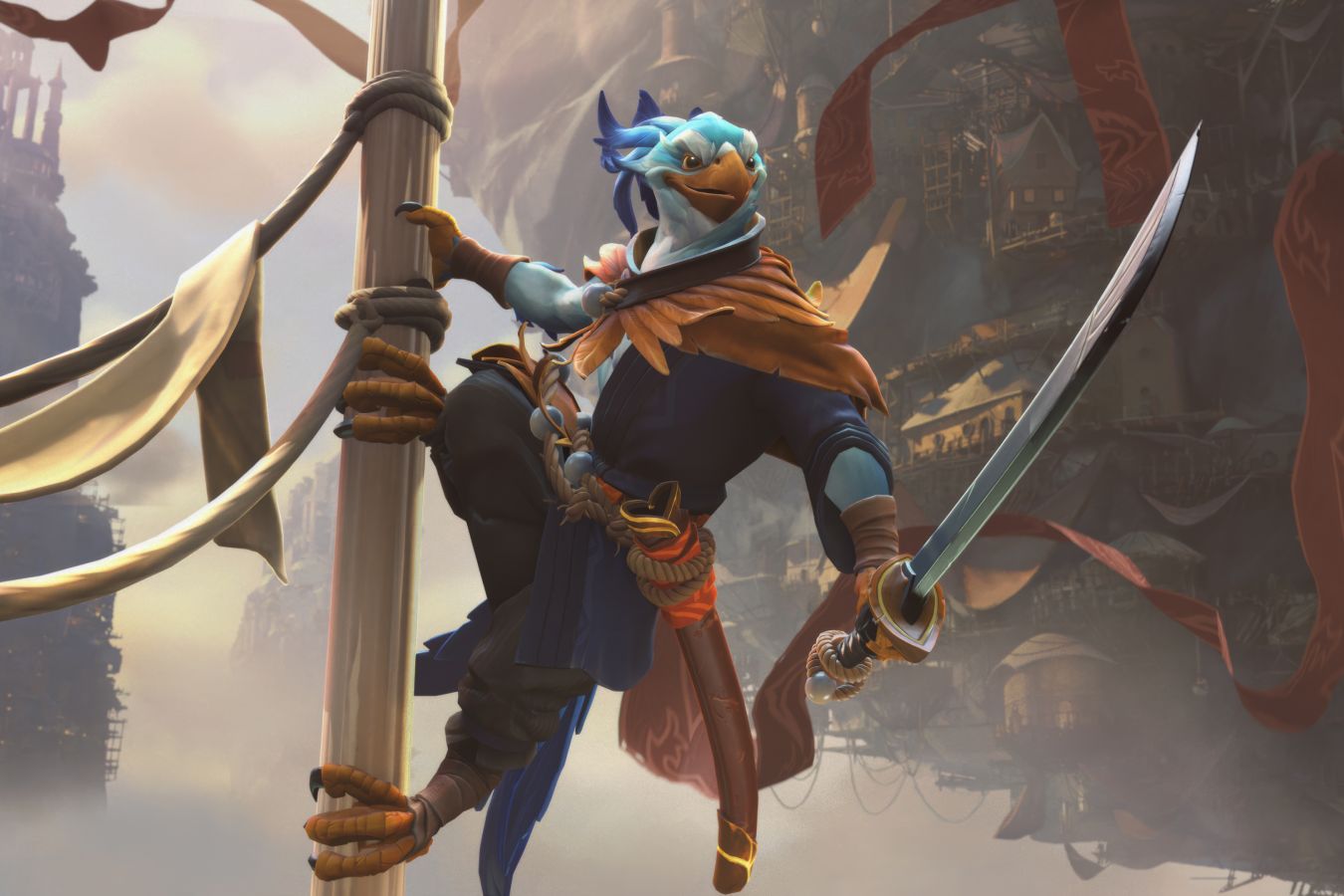Robert Elms, a presenter for BBC Radio London, has recently been bestowed with the prestigious title of Freedom of the City of London during a ceremony held at the Guildhall.
This honor has a storied history, having been awarded to individuals ranging from royals and athletes to film stars and business magnates. Yet, the significance of this accolade and its curious connection to sheep remains a topic of fascination.
Elms participated in a long-standing tradition as he was inaugurated as a freeman. “This practice is truly ancient,” remarked Laura Miller, the City’s Clerk to the Court of the Chamberlain, who presided over the ceremony.
The prevailing notion is that the honor dates back to the 1230s, although Miller notes it likely has roots that extend even further back in time. “Its meaning has evolved over the centuries. The reason it has endured is that it’s consistently relevant,” she explained.
Initially, being a “freeman” signified that a person was not subject to a feudal lord’s ownership, but over time, this evolved in London to denote someone granted Freedom of the City, thus enabling them to conduct business within the Square Mile. “It conferred the right to own property, earn a living, and essentially thrive in the City of London,” stated Miller.
She believes that cities are shaped by their inhabitants, and the freemen of London played a crucial role in its development. Today, the Freedom of London resembles a form of “voluntary citizenship,” affording its recipients a feeling of community.
“Recipients gain access to networks of individuals working towards enhancing London. It’s an excellent opportunity to forge connections,” she noted.
There are various pathways to becoming a freeman, available to individuals of all nationalities. Some are nominated for their significant contributions to London’s cultural landscape, as was the case with Elms, recognized for his extensive career as a broadcaster and author, as well as for his involvement in the 1980s New Romantic music scene, including coining the name for the band Spandau Ballet.
Another avenue to obtaining Freedom is through membership in one of the City’s 113 Livery companies, established centuries ago to help individuals in similar trades collaborate for mutual support. “London was a tough environment, riddled with disease and conflict. People needed to unite,” explained Miller.
Consequently, the Freedom is not exclusive to celebrities and dignitaries; individuals from diverse backgrounds regularly receive this honor, with ceremonies at the Guildhall frequently taking place. “At a party in Brixton, someone questioned the significance of it, thinking it was just archaic nonsense. I got a bit annoyed and asked if anyone present had the Freedom of the City. About nine people raised their hands,” Miller recounted. “Just last week, I conferred the Freedom upon a group of plumbers.”
The ritual itself holds true medieval characteristics, as Miller described. Candidates read the Declaration of a Freeman and sign the Freeman’s Declaration Book. They are then presented with a copy of the Freedom, along with a document outlining the Rules for the Conduct of Life from the mid-18th century, culminating in a handshake to seal the act.
“It’s rather formal and quite sensible. Your freedom is indeed a legal document, backed by Magna Carta,” she noted.
Recently, historian and broadcaster Dame Prof Mary Beard was similarly honored, recalling the “wonderful” ceremony with its profound historical significance. “What stands out most for me is the memorabilia showcasing previous recipients. And we enjoyed a fantastic lunch afterwards!” she added.
For Prof Beard, the strong connection to history is the most valuable aspect of being a freeman. Although she humorously mentioned, “I haven’t driven any sheep yet.”
This brings us to the unique annual tradition where a celebrity and numerous freemen guide a small flock of sheep across a London bridge for charity—a practice harkening back to the times when a single river crossing existed into the City, and tolls applied, except for those with Freedom.
“As a freeman, you were able to transport your goods across without incurring additional fees. Historically, sheep were the most valuable trade commodity. Hence, being able to cross without extra taxation was significant,” Miller explained.
Another commonly held but erroneous belief is that if a freeman is found intoxicated, a City officer could simply escort them home without further consequences. “This stems from the recognition that a freeman was valued; there was reluctance to see esteemed members abducted by the press-gang for naval service,” Miller elaborated.
In the 17th and 18th centuries, experienced mariners were sometimes forcibly recruited, often through methods that involved getting them hopelessly drunk. The Freedom offered protection during these times, with constables or beadles occasionally intervening to assist in such situations, Miller noted. However, she humorously advised contemporary freemen against testing this notion. “If a City police officer offers to take you home today, I suspect it might not end as charitably,” she laughed.
Elms expressed how much the honor means to him personally: “This is the city that has fed my spirit, fascinated me, and shaped my life. I am truly honored to be part of it.”
According to Miller, it is this connection to tradition that resonates deeply with those who receive the Freedom. “Everyone residing in London contributes to the city’s history at its core. By receiving this honor, you are becoming a part of a truly remarkable historical legacy.”

